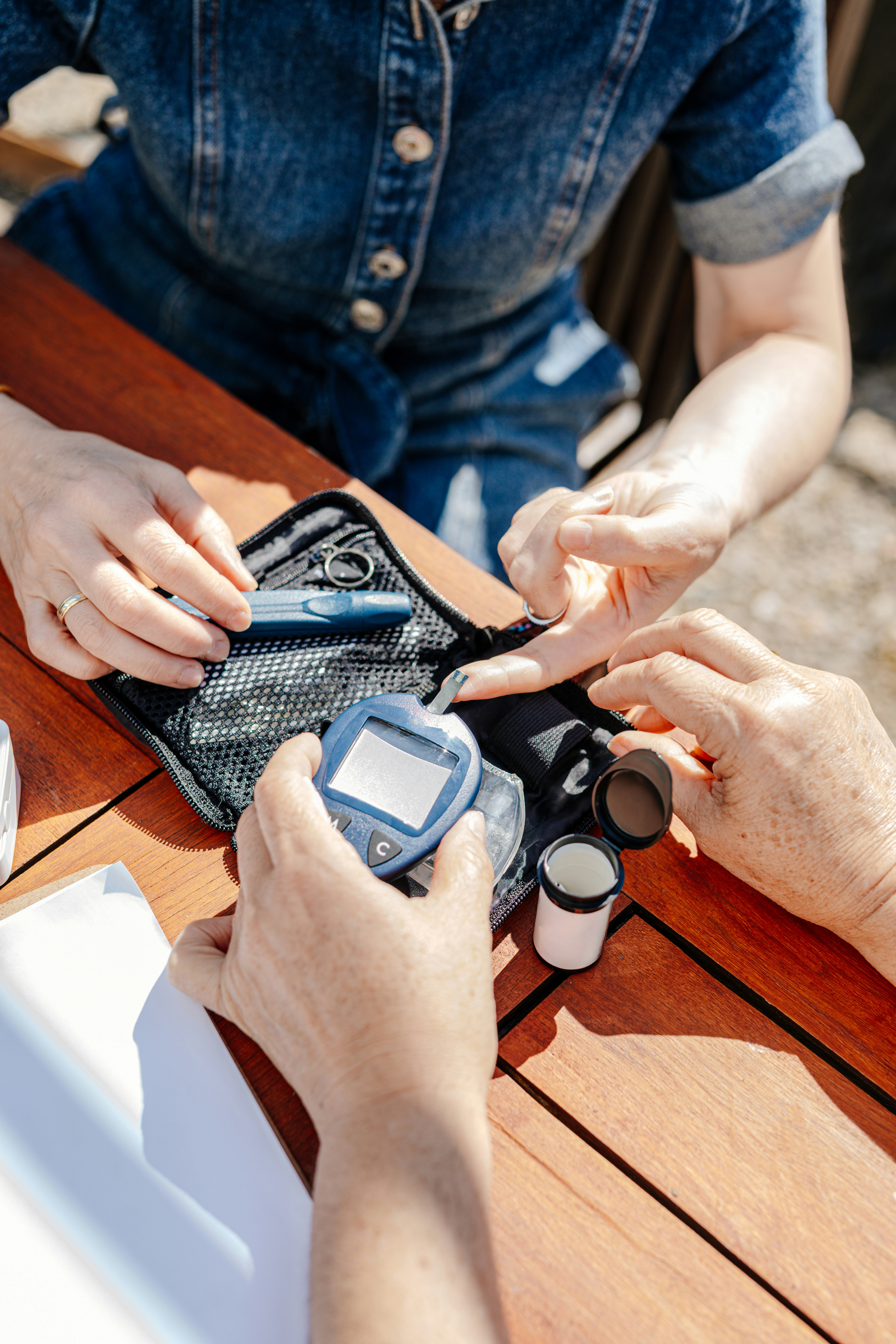Weeks 1–4
Foundations of Chronic Illness & Patient Monitoring
Gain an understanding of common chronic conditions such as diabetes, hypertension, cardiovascular disease, COPD, and arthritis. Learn how chronic care plans are created, monitored, and adjusted over time. Practice measuring and recording vital signs — blood pressure, pulse, temperature, respiration, and pulse oximetry — as part of ongoing patient monitoring. Study patient safety, comfort, and adherence to long-term treatment protocols.
Weeks 5–8
Care Coordination & Health Communication
Develop skills to assist in follow-up scheduling, appointment reminders, and coordinating diagnostic or lab testing. Learn effective health communication techniques, including motivational interviewing and empathy-based listening, to support patient engagement. Practice documenting patient-reported symptoms, lifestyle changes, and barriers to care, ensuring accurate communication with the clinical team.
Weeks 9–12
Documentation, Digital Tools & Compliance
Train in the use of Electronic Medical Records (EMR) and care coordination platforms to record updates, track treatment adherence, and flag clinical concerns. Understand HIPAA regulations, confidentiality requirements, and the importance of accurate and timely documentation. Simulate real-world EMR workflows, including updating progress notes, logging lab results, and creating provider alerts.
Weeks 13–16
Real-World Scenarios & Career Preparation
Work through chronic care simulations from patient intake to follow-up, applying skills in monitoring, documentation, and communication. Learn to recognize red flags such as sudden changes in vitals or symptom escalation and understand escalation protocols. Prepare for employment with resume building, mock interviews, and professional workplace readiness so you can join a care coordination or chronic care management team with confidence.


